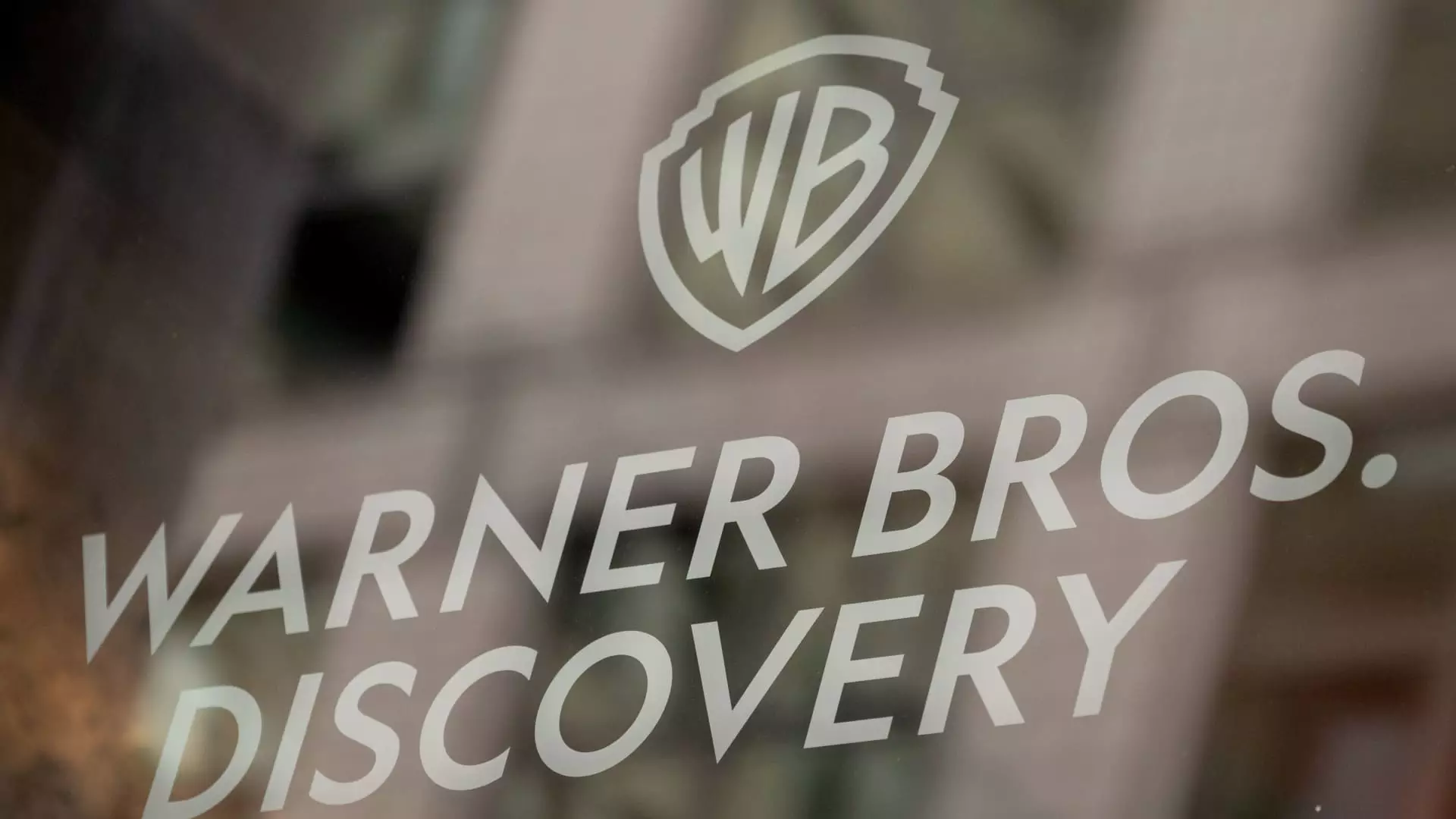In the whirlwind world of media mergers and acquisitions, the latest whispers about Paramount Skydance preparing a bid for Warner Bros. Discovery (WBD) reveal much more than just a corporate power play. It exposes a troubling tendency in an industry increasingly driven by greed, consolidation, and a reckless disregard for the societal role that media should serve. As these giants eye each other for dominance, the specter of monopolistic control looms large, threatening to stifle diversity, diminish accountability, and skew the cultural landscape in favor of profits over the public good.
The current wave of media consolidation, exemplified by talks of a potential takeover, underscores an overarching drive to amass power. The industry’s narrative often hinges on the promise of efficiencies and enhanced shareholder value; however, behind the curtain lies a dangerously unchecked desire to centralize control, reducing content diversity, and elevating corporate interests above democratic values. When media conglomerates grow too large, their influence extends beyond entertainment, seeping into the political and social fabric of society — a reality that risks undermining the very foundations of informed citizenry and public discourse.
The Economic Motivation and Its Flawed Assumptions
The press coverage portrays this proposed merger as a strategic move, but it’s ultimately rooted in economic incentives that prioritize short-term gains over long-term societal health. This all-cash bid for WBD signifies an industry desperate to maintain its foothold in a streaming-dominated era that has rendered traditional pay-TV models obsolete. Yet, the obsession with controlling lucrative sports rights, TV networks, and film studios reveals a shortsightedness: the belief that size equates to influence and stability.
What is often overlooked is the impact on consumers and workers. Consolidation tends to lead to job cuts, reduced competition, and inflated prices for content — trends that are as harmful as they are profitable for shareholders. Instead of fostering innovation and serving diverse audiences, these mega-mergers promise more of the same homogenized content, inflicted with the corporate imprimatur that prioritizes blockbuster franchises over meaningful storytelling and diverse voices.
The Self-Serving Myth of Industry ‘Reform’
The industry’s recent moves toward separation — like WBD’s planned split into global TV networks and streaming services — appear as attempts to obscure the deeper issues of consolidation rather than address them. These corporate restructuring efforts are often superficial, designed more to placate regulators and investors than to promote genuine competition or societal benefit. The rhetoric surrounding “freeing” companies to do deals masks the reality: these maneuvers often serve as prelude to future acquisitions, expanding corporate empires cloaked in the language of independence.
Furthermore, industry insiders, willingly or not, indulge in a myth that consolidation is necessary for survival in a rapidly changing digital landscape. But this narrative neglects the central role that diversity of ownership and independent voices play in a flourishing democracy. When a handful of corporations hold sway over what stories are told, who gets to see them, and how they are framed, the public’s ability to critically engage with their society diminishes. It becomes a game of monopoly, where the democratic right to varied perspectives is sacrificed for corporate monopolies cloaked in the guise of innovation.
The Social and Political Consequences of Media Monopoly
The implications of these consolidations stretch beyond economics into the political arena. These mega-corporations wield enormous influence over public opinion, shaping narratives that influence elections, policy, and societal values. The control of major news outlets and entertainment platforms by a handful of companies risks creating echo chambers, where dissenting voices are marginalized and political polarization deepened.
Moreover, the push for mergers like those discussed signifies a troubling complacency toward the societal importance of independent journalism and diverse cultural representation. As fewer entities control more content, the public is exposed to a narrower set of perspectives, undermining democracy’s requirement for an informed citizenry. The potential takeover by Paramount Skydance, driven purely by financial motives, exemplifies a broader trend where corporate interests overshadow societal needs.
Without intentional safeguards, these media giants turn into ruling empires that prioritize shareholder returns over the pillars of accountability, transparency, and civic responsibility. Their unchecked power fosters a culture where the media’s primary function becomes the preservation of market share rather than safeguarding the public interest.
Reclaiming the Media’s Role as a Public Good
While critics may view these movements as inevitable in an age of technological disruption, it’s crucial to challenge the notion that bigger is inherently better. The push for regulation and reform must be rooted in a belief that media is a vital public resource, not just a commodity to be bought and sold at will. We need policies that prevent monopolies, promote diverse ownership, and ensure that content reflects the rich tapestry of society, not just the bottom line.
Reimagining the media landscape requires more than reactionary measures; it demands an active commitment to democratic principles. Public broadcasters, independent journalism, and community-focused content should be prioritized over corporate behemoths with dual motives: entertainment and profit. A healthy democracy depends on a media environment that is as vibrant, diverse, and resilient as the society it seeks to serve. Anything less is a abdication of our responsibility to future generations to maintain an informed, critical, and participatory citizenry.

